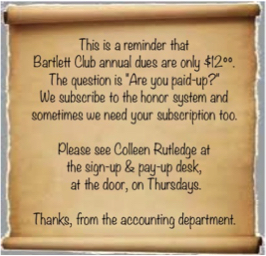 Every elected, appointed, exempt or non-exempt state employee who has participated in the withholding of information from a state auditor is likely covering up a crime and probably belongs in jail.
Every elected, appointed, exempt or non-exempt state employee who has participated in the withholding of information from a state auditor is likely covering up a crime and probably belongs in jail.
But they will never be prosecuted under Alaska law because Alaska’s Courts and Alaska’s Legislature have refused to provide the public with access to the constitutionally guaranteed right to hold the Governor and members of his Cabinet accountable.
Section 8 of Alaska’s Constitution, titled “Declaration of Rights contains the following:
“The power of grand juries to investigate and make recommendations concerning the public welfare or safety shall never be suspended.”
“The grand jury shall consist of at least twelve citizens, a majority of whom concurring may return an indictment.”
If a whistleblower within the Department of Revenue knows what the Dunleavy administration is hiding, and believes that a crime has been committed, the only people he can bring it to, are people who are subject to immediate dismissal by the people withholding information from state auditors.
Whistleblowers need access to a People’s Grand Jury with authority to consider and investigate issues brought to their attention by someone other than the Prosecutors or the Courts; a Grand Jury that cannot be suspended or dismissed by the Governor or the Courts, a Grand Jury that can act on its own authority to investigate and issue indictments.



